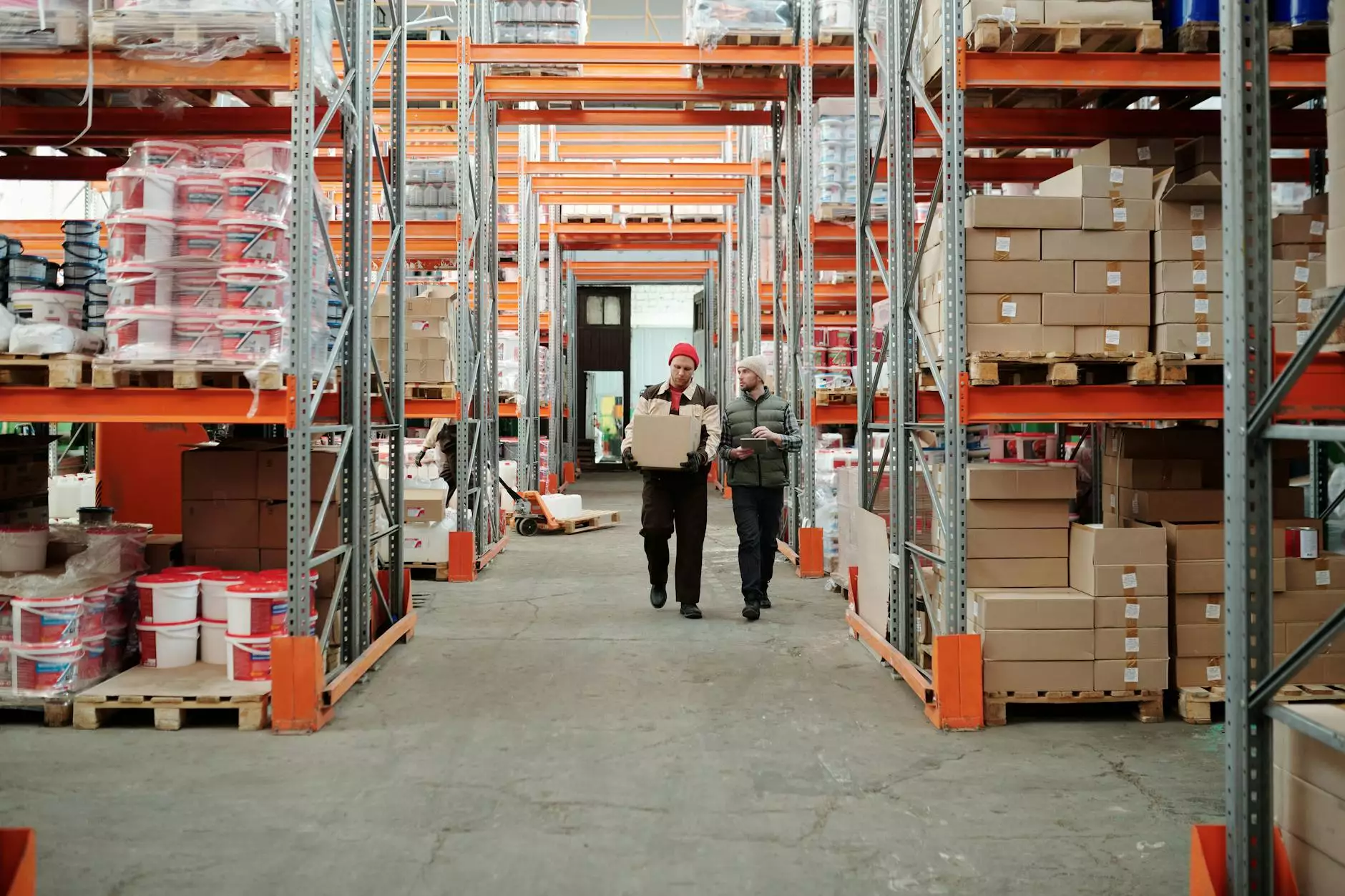Unlocking Business Success with Competitive Air Cargo Cost Per Kg

In today's global marketplace, efficiency and cost-effectiveness in logistics can make or break a business. One of the most critical parameters influencing freight expenditures is the air cargo cost per kg. Understanding this metric helps businesses optimize their supply chains, reduce expenses, and improve overall profitability. Whether you're operating in manufacturing, retail, pharmaceuticals, or e-commerce, grasping the nuances of air freight costs is essential for strategic planning and competitive advantage.
What Is Air Cargo Cost Per Kg? An In-Depth Explanation
The air cargo cost per kg refers to the price charged by airlines or freight forwarders to transport one kilogram of goods via air freight. This rate is influenced by a multitude of factors, including flight distance, cargo volume, type of goods, handling requirements, fuel prices, and supply-demand dynamics at airports and transportation hubs.
Typically quoted in the local currency of the shipping origin or destination, this rate can fluctuate significantly over time. For businesses, awareness of current air cargo cost per kg levels allows for accurate budgeting, pricing strategies, and informed decisions on shipping modes and routes.
Factors Impacting the Air Cargo Cost Per Kg
Several key elements collectively determine the air cargo cost per kg. Understanding these factors enables businesses to negotiate better rates and optimize their logistics operations:
- Distance and Route Efficiency: Longer routes generally incur higher costs due to increased fuel consumption and time, but direct routes can sometimes lower overall expenses compared to multiple stopovers.
- Type of Cargo: Hazardous, perishable, or delicate goods often require special handling, increasing the cost per kg.
- Airline and Freight Carrier Pricing: Different carriers have varied pricing structures, influenced by their fleet, operational costs, and market position.
- Fuel Prices: Fluctuations in jet fuel prices directly impact the overall freight costs.
- Seasonality and Demand: Peak seasons, such as holidays or major sales periods, often lead to higher freight rates due to increased demand.
- Airport Location and Infrastructure: Airports with advanced facilities and high traffic volumes may offer better logistics options but may also charge higher handling fees, affecting the overall air cargo cost per kg.
- Shipping Volume and Frequency: Higher volumes can sometimes secure preferential rates through volume discounts, reducing the per kg cost.
- Packaging and Handling: Proper packaging not only safeguards goods but can influence freight charges, especially if special procedures are required.
The Strategic Importance of Air Cargo Cost Per Kg in Business Operations
Managing and minimizing the air cargo cost per kg is pivotal for business success in several areas:
- Cost Reduction: Lower freight rates reduce overall product costs, allowing businesses to offer more competitive pricing.
- Profit Margin Enhancement: Decreasing logistics expenses directly boosts profit margins, especially in high-volume sectors.
- Supply Chain Optimization: Accurate cost assessments enable better inventory planning, lead time management, and responsiveness to market changes.
- Market Expansion: Lower shipping costs facilitate entry into new markets, especially those farther from production centers.
- Customer Satisfaction: Reliable and affordable air freight services ensure timely deliveries, enhancing customer trust and loyalty.
How to Optimize Your Business Relating to Air Cargo Cost Per Kg
Maximizing efficiency involves strategic planning and innovative approaches:
1. Choose the Right Transportation Partners
Partnering with airlines and freight forwarding companies with competitive rates can significantly impact your costs. Focus on those with proven track records and flexible service options that align with your shipping needs.
2. Leverage Technology and Data Analytics
Use advanced logistics management tools and real-time tracking to monitor costs and identify cost-saving opportunities. Data analytics can reveal optimal shipping routes, volume discounts, and seasonality trends.
3. Consolidate Shipments
Combining multiple smaller shipments into larger consolidated loads can reduce the air cargo cost per kg by taking advantage of bulk rates and reducing handling charges.
4. Optimize Packaging and Cargo Handling
Efficient packaging not only minimizes dimensional weight charges but also accelerates loading and unloading processes, reducing time-based expenses.
5. Select the Most Suitable Airports
Sometimes, choosing an alternative airport with lower handling fees or better logistical infrastructure can lower overall costs. Additionally, airports with shorter customs clearance times can expedite shipments, saving money.
6. Understand Seasonal Variations
Planning shipments outside peak periods or booking in advance during high-demand seasons can lock in better rates.
Role of Shipping Centers, Transportation, and Airports in Reducing Air Cargo Cost Per Kg
The success of managing freight costs hinges on a well-coordinated network of shipping centers, transportation modes, and airports:
- Shipping Centers: Strategic locations and efficient cargo handling facilities streamline processing, reduce delays, and lower costs.
- Transportation Modes: Integrating air freight with sea or land transportation can optimize cost structures, especially for complex supply chains.
- Airports: Airports with robust infrastructure, efficient customs procedures, and high cargo traffic facilitate faster, cheaper freight movement.
Implementing a comprehensive logistics strategy that leverages these components is key to minimizing the air cargo cost per kg while maintaining high service quality.
Emerging Trends Impacting Air Cargo Cost Per Kg
The logistics landscape continually evolves, influencing freight costs. Some current trends include:
- Automation and Digitalization: Use of AI, IoT, and blockchain for real-time tracking and automated customs clearance reduces costs and increases transparency.
- Sustainable Aviation Fuel and Green Logistics: Environmentally friendly initiatives can impact costs but are aimed at long-term savings and compliance.
- Dedicated Cargo Flights and Charter Services: For high-priority or oversized shipments, chartered flights may offer cost efficiencies despite higher individual flight costs.
- Regional Hubs Development: Strategic airport zones are being developed to facilitate faster, cheaper logistics networks on regional scales.
Conclusion: The Future of Air Cargo Cost Per Kg and Business Growth
As the global economy expands and supply chains become more sophisticated, understanding and managing the air cargo cost per kg will remain a vital component of business logistics. Innovations in technology, infrastructure improvements at airports, and strategic logistics planning will continue to drive costs downward, opening new opportunities for companies to expand their market reach and operate more profitably.
For businesses committed to excelling in competitive markets, staying informed about current rates, optimizing shipping strategies, and leveraging the full potential of airports and transportation infrastructure will ensure they stay ahead of the curve.
Partner with cargobooking.aero to access industry-leading freight rates, advanced booking tools, and expert logistical guidance, ensuring your business benefits from the most advantageous air cargo cost per kg and a seamless shipping experience.









